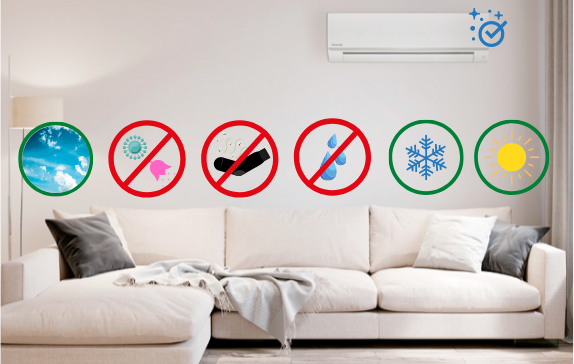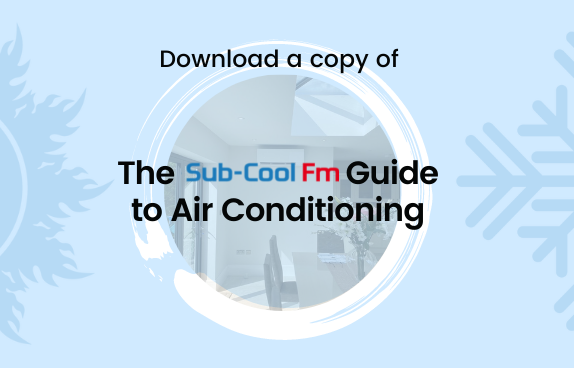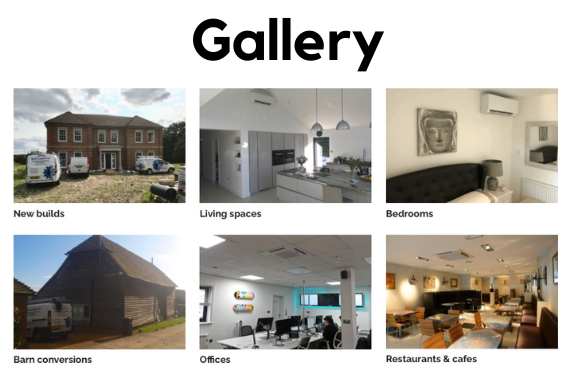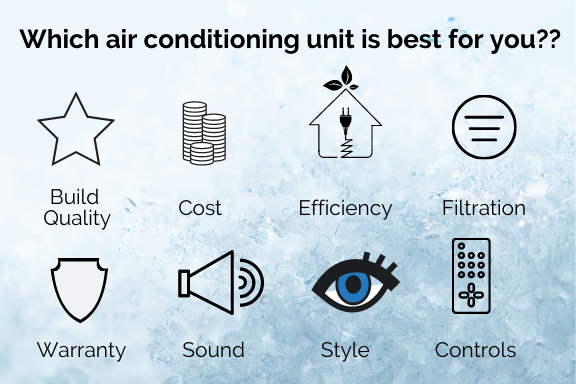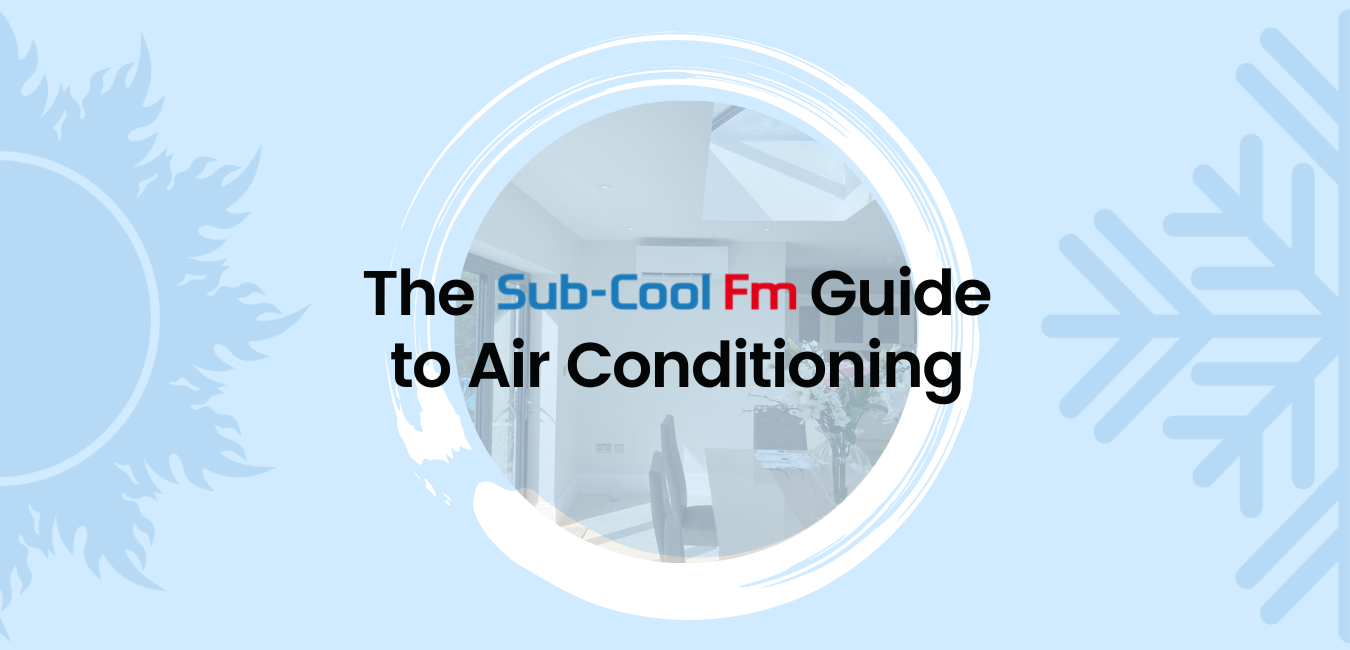
Sub-Cool FM brings you a guide to all the things to consider when you are contemplating air conditioning…
Should I get air conditioning?
Rising heat
There is no denying that demand for air conditioning is increasing significantly. This is partly due to the simple fact that temperatures are rising. The Met Office summarises that UK summers will be up to 6℃ hotter by 2070, with a likelihood of temperatures reaching over 40℃.
We experienced record temperatures in 2020 and the phenomenon of tropical nights – where the temperature doesn’t drop below 21℃ all night. And even during a cooler, wetter summer, when the heat comes it does so with a bang, suddenly plunging us into 30℃.
In addition to all this, many houses now, especially newer ones, have highly-effective insulation, keeping them toasty in winter, but also trapping the heat in summer. With the rise in home improvements, extensions and conversions with modern insulation, the heat in homes can be stifling.
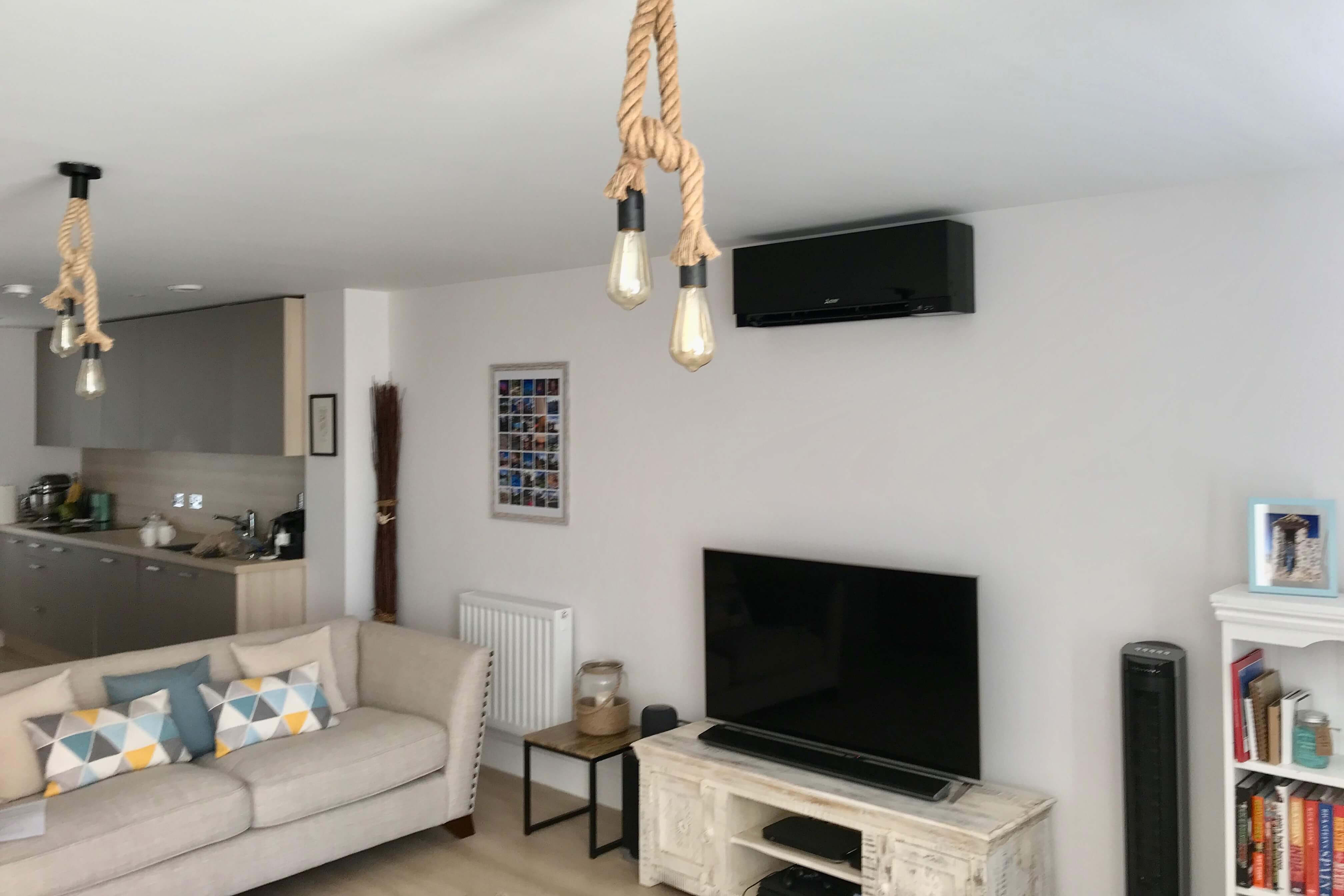
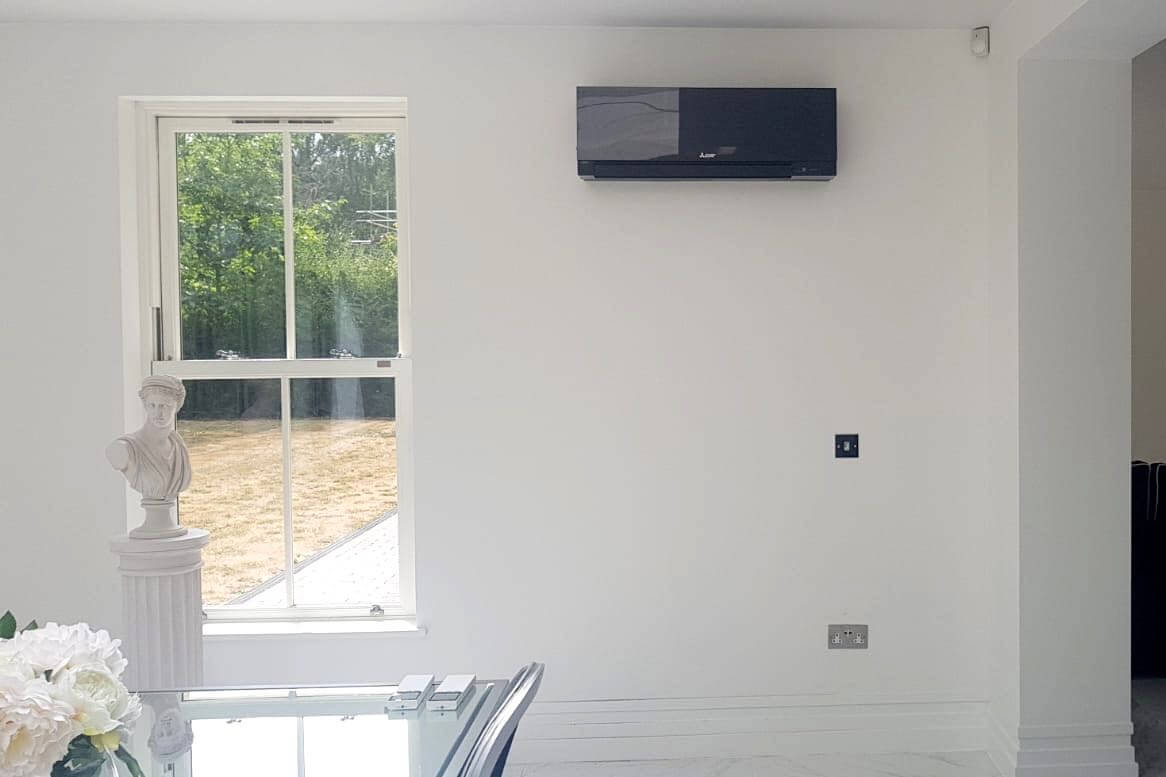
What are the benefits of air conditioning?
Beyond the heat, many are seeking the wider benefits that modern air conditioning brings. With greater focus on health and hygiene, air conditioning technology has developed filtration options and systems, offering a range of solutions and generally improving standards and choices.
- Filtration – removing allergens, bacteria, viruses, dirt, smells and more from the air
- Humidity – air con doesn’t just remove the heat, it can reduce the sticky moisture that comes with it
- All round temperature control – efficient heating options in winter – a great way to manage conservatories, loft conversions and offices
There are a number of factors that will determine the importance of air conditioning in your home or business such as the location and style of your home, your tolerance to heat, any specific health issues, the importance of filtered air in your home etc. But more customers are looking to be in control of their comfort and talk of ‘future-proofing’ their properties. There is no doubt that air conditioning is a property asset.
How does air conditioning work?
In simple terms most air conditioning works by removing the heat and humidity from a room by absorbing it and taking it outside. In order to do this, you need a unit in the desired room and a unit outside – known as a split system. Both units have coils within, through which refrigerant flows. 1 larger outdoor unit can work with up to 5/6 indoor units (multi-split). There are a number of options:
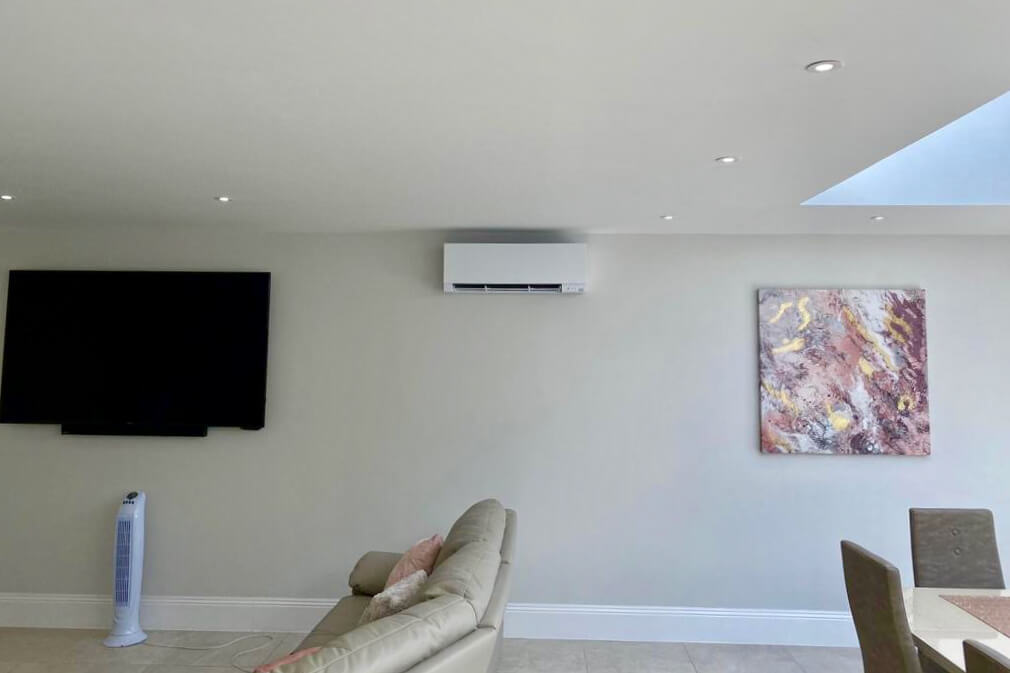
Wall mounted
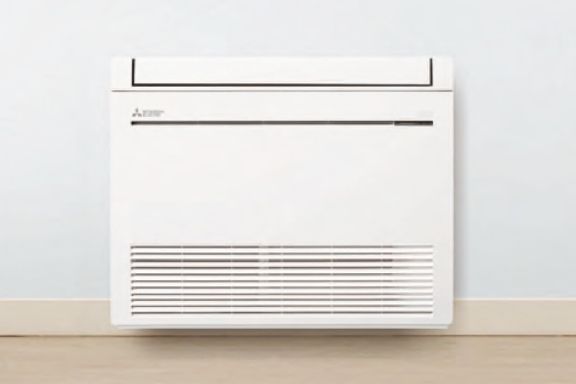
Floor mounted
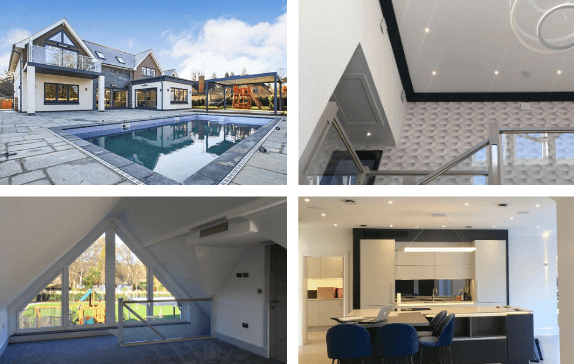
Ducted
With a more complex ducted system, a central unit is installed in a roof space or ceiling and channels air through ducts into up to 6 rooms or zones which can be separately controlled. If you want to know more about how the different systems work, see our website or get in contact and we’ll happily talk you through the options.
How do I know what type of air conditioning system is right for me?
There are a few things to consider and it is worth seeking advice from a professional:
- Your budget
- The size of the building, including layout, flow of rooms, number of windows etc
- Whether you want to control different rooms individually
- The use and occupancy of the space
- Your preferences on physical appearance
- Any particular functionality that is important to you – special filtration options, smart controls, eco-options
Any decent air conditioning firm will give you a free survey and use their expertise to offer you advice. They will ask questions and listen. The solution and placement of each system should always be bespoke to the individual customer needs.
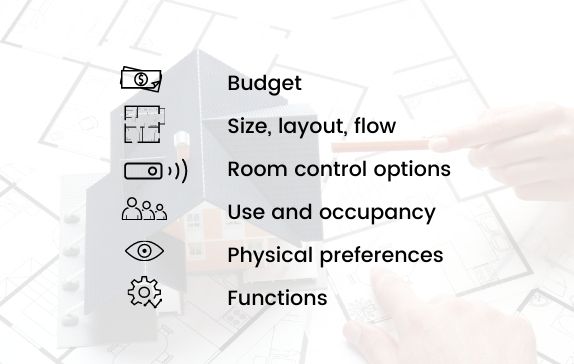
Are air conditioning systems expensive to run?
There is no denying that air conditioning is an additional energy user. But modern systems are far more efficient than ever before, and there are a number of things you can do to further improve this:
- Ensure you have the right size unit for your space
- Locate the units/air flow in the right place
- Use the optimum balance of fan and temperature for the space (get advise)
- Undertake regular maintenance
- Clean or change filters – if they are clogged up, you will use more energy
Eco-concerns
Running the system efficiently is not only good for your wallet, but also better for the environment. Units have an A-G energy class ratings and you should also be able to find an energy efficiency ratio (EER). Most modern units offer eco-settings to help minimise energy use, and of course you can always seek a green-electricity provider. We also advocate and only use pro-biotic cleaners in all servicing to minimise harsh chemicals in your space and in the environment.
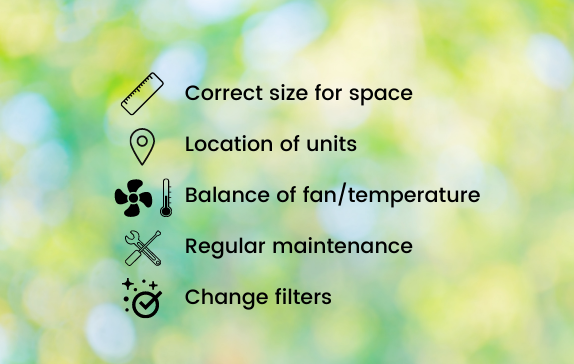
What is the difference between good and bad air conditioning?
Obviously, there are air conditioning solutions for all budgets. But cutting corners can be short sighted and cost you more in running costs and fixing issues. We recommend choosing the best-in-class unit for your budget and always opting for professional installation with quality workmanship.
Good quality air conditioning will offer:
- Efficiency and lower running costs
- Less noise
- Easy access maintenance – meaning less odours and part replacement
Quality installation offers:
- Greater safety from refrigerant leaks etc
- Quieter running system indoor and out – anti-vibrational brackets
- Well-sealed and fire safe systems
- Neat, sturdy weatherproof pipework, that is well-designed and efficient
- Fewer call-outs or trouble-shooting requirements
- Longevity – ask your installer about their warranties
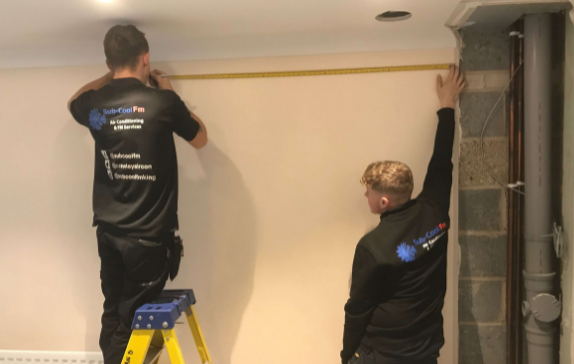
What do Sub-Cool FM offer?
Sub-Cool FM was set up by engineer Jacob Swei, who wanted to do things differently. We offer expertise, honest advice and bespoke solutions for each customer. We pride our selves on setting the benchmark for workmanship and service standards and we always go the extra mile. Read our reviews to see for yourself. Or check out the other resources on our website and YouTube channel, The Outspoken Engineer.

